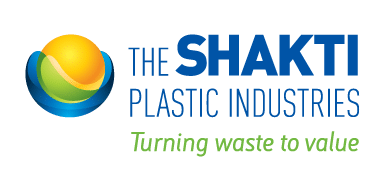Introduction
The modern world is plagued by an ever-increasing accumulation of plastic waste. Plastic waste recycling refers to the process of recovering scrap or waste plastic and reprocessing the material into useful products. This process has become crucial in mitigating the impact of plastic waste on the environment and health.
The Global Impact of Plastic Waste
Globally, millions of tons of plastic waste are generated each year. This waste significantly impacts environmental and human health, with plastic debris polluting oceans and landscapes, harming wildlife, and potentially entering the food chain.
Types of Plastics and Recyclability
Plastics are categorized into various types, such as PET, HDPE, PVC, and more. Each type has different properties and recyclability. Understanding these types is essential for effective recycling.
The Process of Plastic Recycling
The recycling process involves several steps: collection and sorting of plastic waste, cleaning and shredding, identification and classification based on resin content, and finally, the extrusion process to create new products.
Challenges in Plastic Recycling
Recycling plastic faces numerous challenges, including contamination of waste, technological limitations in processing, and fluctuating market demand for recycled plastics.
Innovations in Plastic Recycling
Recent innovations include advanced technologies to enhance recycling efficiency and the development of biodegradable plastics, which offer an alternative to traditional plastics.
The Role of Consumers in Plastic Recycling
Consumers play a pivotal role in recycling. Proper disposal of plastic waste and choosing products made from recycled materials can significantly impact recycling efforts.
Government Policies and Regulations
Various global initiatives and national policies aim to tackle plastic waste. Their effectiveness varies, reflecting the complexity of implementing widespread recycling programs.
Case Studies: Successful Recycling Programs
Certain countries have implemented successful recycling programs, serving as models for others to follow.
Business Opportunities in Plastic Recycling
The recycling industry presents emerging markets and opportunities for entrepreneurial ventures, driving economic benefits alongside environmental ones.
Educational Initiatives and Public Awareness
Education plays a vital role in promoting recycling habits. Various campaigns and educational programs are aimed at raising public awareness about the importance of recycling.
The Future of Plastic Waste Recycling
The future of recycling is shaped by ongoing trends and potential technological advancements, promising a more efficient and sustainable approach to handling plastic waste.
How Individuals Can Make a Difference
Individual actions, such as conscious consumption and proper waste disposal, significantly contribute to effective recycling.
Comparing Plastic Recycling Around the World
Different countries have varying approaches to recycling, influenced by economic, cultural, and political factors.
Conclusion
Recycling plastic waste is a critical step towards a more sustainable future. It requires collective efforts from individuals, businesses, and governments to make a significant impact.

